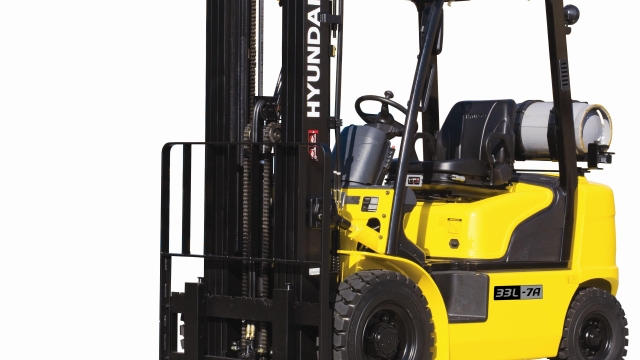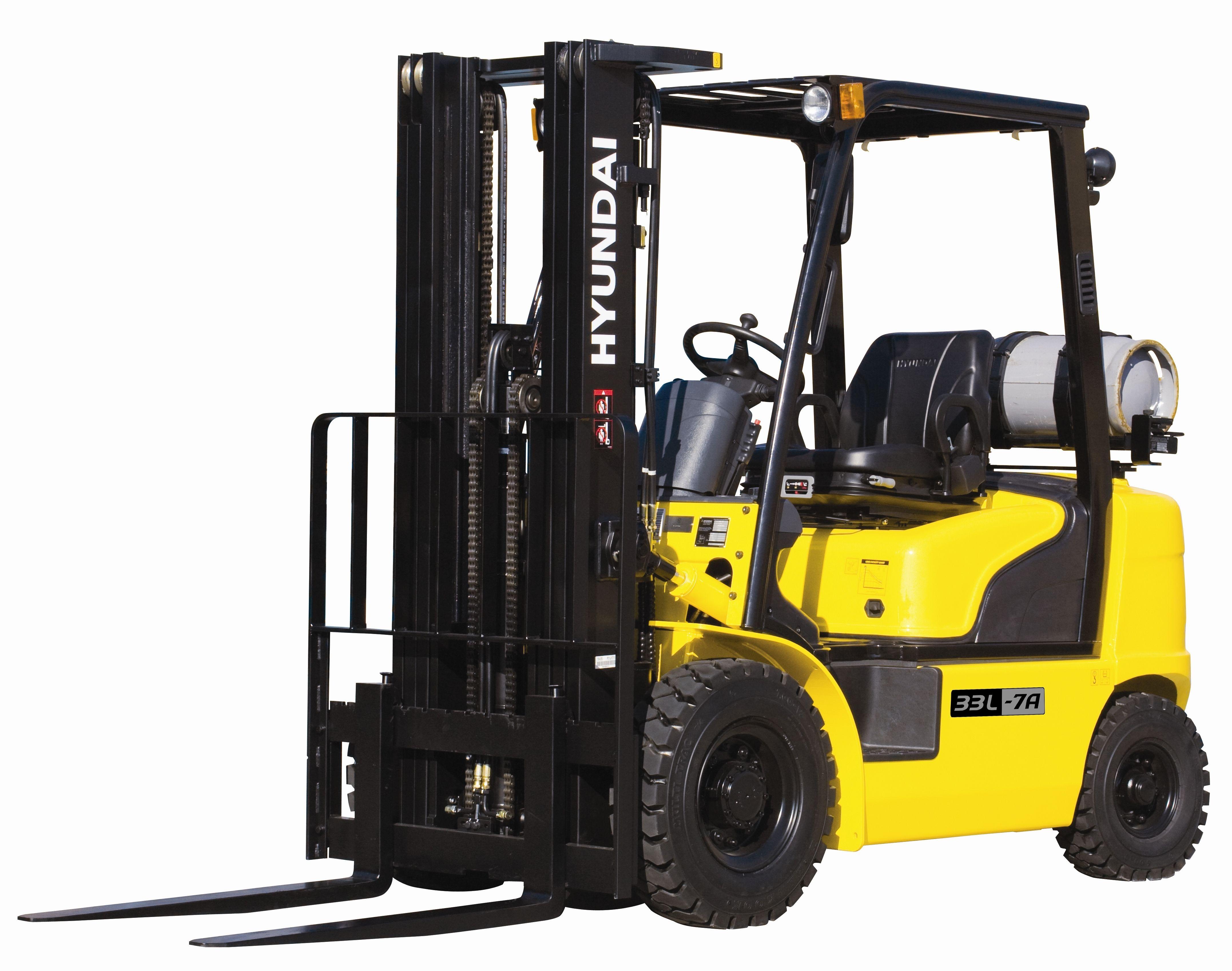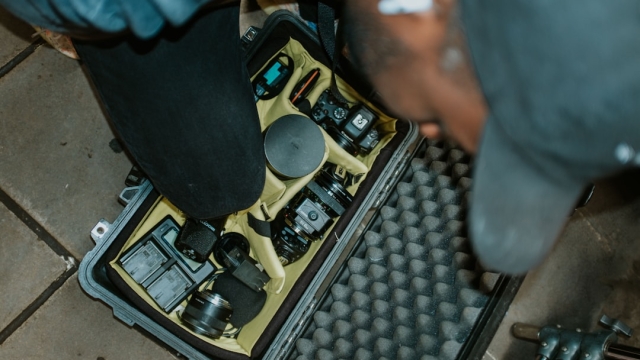
Forklift Manufacturer Innovations: Beyond the Basics

In the ever-evolving world of logistics and warehousing, forklift manufacturers are stepping up to the challenge of creating innovative solutions that go beyond traditional design and functionality. As the demands of supply chain management become more complex, these manufacturers are harnessing cutting-edge technology and sustainable practices to enhance efficiency and safety in material handling. This drive for innovation is not only transforming how forklifts operate but is also setting new industry standards that meet the challenges of modern business.
From electric models that prioritize environmental impact to advanced automation features that improve operational workflows, forklift manufacturers are redefining what it means to be at the forefront of the industry. With an emphasis on user-friendly designs, enhanced safety protocols, and smart technology integration, these innovations are designed to cater to the diverse needs of businesses across various sectors. As we delve into the latest trends and breakthroughs in the forklift manufacturing landscape, it becomes clear that the future holds exciting possibilities for enhancing productivity in the workplace.
Emerging Technologies in Forklift Design
In recent years, forklift manufacturers have begun to leverage cutting-edge technologies to enhance performance and safety. One notable innovation is the integration of autonomous operation features. These self-driving forklifts utilize advanced sensors and artificial intelligence to navigate warehouses and logistics environments with minimal human intervention. This shift not only increases efficiency but also reduces the risk of accidents, as these machines can continuously learn and adapt to their surroundings.
Manufacturer of Electric Forklifts
Another significant advancement is the use of electric powertrains. Many forklift manufacturers are moving away from traditional internal combustion engines to electric models, which offer lower emissions and quieter operation. These electric forklifts are equipped with high-capacity batteries that provide longer run times and faster charging capabilities. This transition aligns with environmental sustainability goals while also contributing to lower operational costs for businesses.
Additionally, forklift manufacturers are integrating IoT connectivity into their designs. This technology allows operators to monitor real-time performance metrics, including load weight, operational hours, and maintenance needs. With data analytics, companies can optimize their fleet management and predict maintenance requirements, minimizing downtime and enhancing productivity. By embracing these innovative technologies, forklift manufacturers are not only improving their products but also transforming logistics and material handling industries.
Sustainability and Eco-Friendly Innovations
In recent years, forklift manufacturers have made significant strides in developing sustainable and eco-friendly technologies to reduce their environmental footprint. Electric forklifts have gained popularity as they produce zero emissions during operation, making them an ideal choice for indoor environments and urban settings. These electric models not only minimize air pollution but also significantly lower noise levels, creating a more pleasant workplace for operators and nearby staff.
Beyond electrification, manufacturers are investing in alternative energy sources such as hydrogen fuel cells. These breakthroughs provide a longer operating time compared to traditional batteries and can be refueled in minutes, making them a practical solution for high-demand applications. By adopting hydrogen technology, forklift manufacturers are paving the way for a cleaner, more sustainable future in material handling logistics.
Recycling and the use of sustainable materials in forklift manufacturing are also gaining traction. Manufacturers are increasingly incorporating recycled components and eco-friendly materials in their designs, which helps reduce waste and resource consumption. By prioritizing sustainability in both production and operation, forklift manufacturers are not only meeting regulatory standards but also appealing to a growing sector of environmentally conscious businesses looking to reduce their overall carbon footprint.
Smart Forklifts: Integration with IoT
The integration of Internet of Things technology into forklift manufacturing is revolutionizing how these machines operate within warehouses and distribution centers. Smart forklifts are equipped with sensors and connectivity features that allow for real-time data collection and analysis. This data can be used to improve efficiency, enhance safety, and streamline operations. As a result, forklift manufacturers are focusing on developing models that seamlessly connect with other warehouse systems, creating a more integrated supply chain.
One significant benefit of IoT-enabled forklifts is predictive maintenance. By continuously monitoring key components and performance metrics, manufacturers can provide insights that help prevent equipment breakdowns before they occur. This proactive approach reduces downtime and maintenance costs, allowing businesses to keep their operations running smoothly. Forklift manufacturers are now leveraging this technology to offer upgrades and support that can immediately enhance the reliability and lifespan of their machines.
Furthermore, the data generated by smart forklifts allows for better inventory management and optimization within facilities. Operators can track the movement of goods more accurately, ensuring that products are stored and retrieved as efficiently as possible. Manufacturers are increasingly incorporating advanced analytics capabilities into their forklifts, empowering companies to make informed decisions that can lead to significant cost savings and increased productivity. This integration signifies a major shift in forklift technology, moving beyond basic operations and towards a more connected future.



